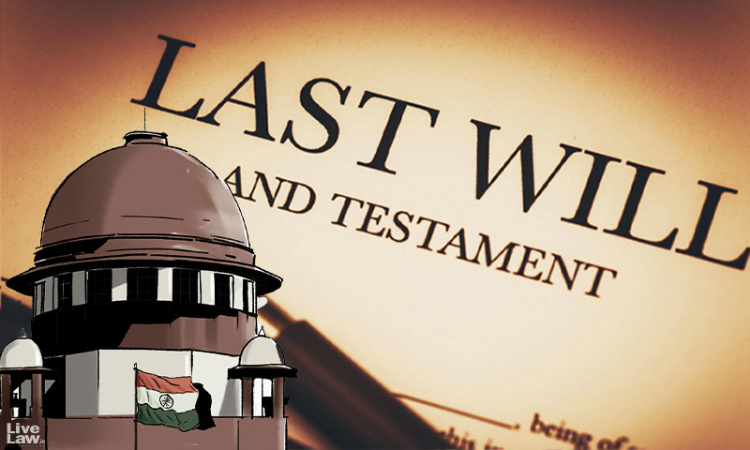Mere Registration Of Will Won't Make It Valid Unless Its Execution Proved As Per Evidence Act : Supreme Court
Gyanvi Khanna
3 Jan 2025 11:38 AM IST

The Court held the Will in the case to be not genuine, despite its registration, due to various suspicious circumstances.
Next Story


